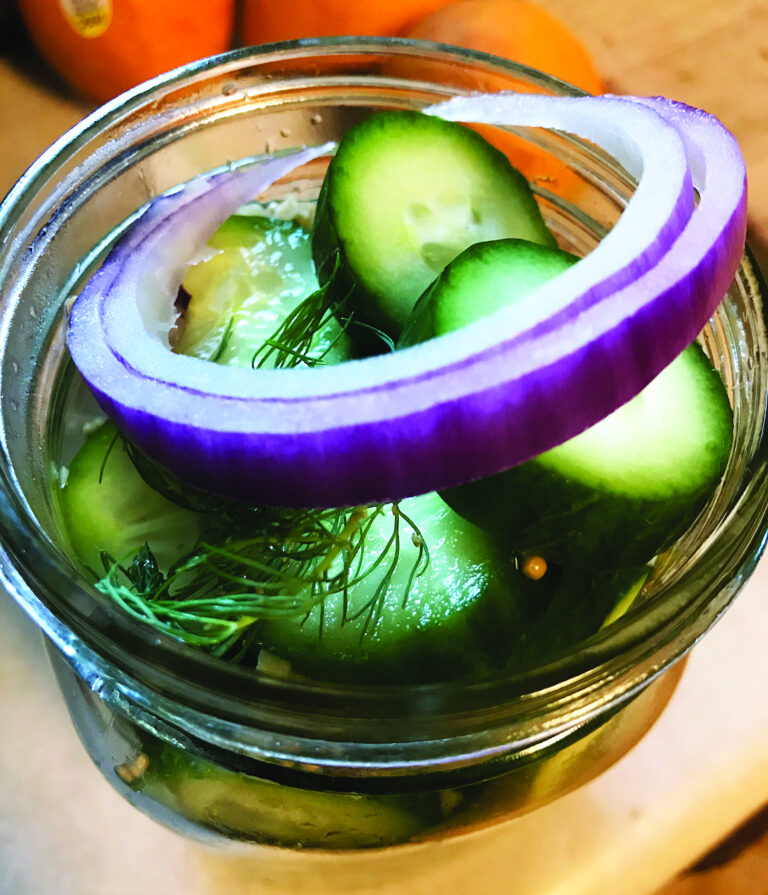But I wasn't laughing. I remembered the boy in elementary school with the nut allergies—he couldn't eat a single thing from the cafeteria. In fact, 11 million Americans suffer from food allergies and more than 30,000 of them have to visit the emergency room every year for life-saving treatment. So it's actually pretty important that many restaurants and dining halls are starting to wise up and watch what they toss in the grub.
The government is wising up, too. Last month, Congress approved the Food Allergen and Consumer Protection Act (S. 741), a bill that aims to help people who suffer from food allergies to avoid potentially dangerous ingredients. The act mandates that manufacturers must clearly state if a food product contains one of the “big eight” allergens responsible for over 90 percent of reactions. The big eight are: soybeans, eggs, milk, peanuts, wheat/gluten, fish, shellfish and tree nuts (as opposed to ground nuts, like peanuts).
Starting in 2006, labels must use the word “contains” followed by the allergen, or must use a parenthesis to indicate the presence of an ingredient if it goes by another name. For example, egg is also known as albumin, soy as lethicin, and milk as casein. Manufacturers use these technical terms (as well as the wimpy “may contain” and “with natural flavors” warnings) to legally avoid the burden of proper labeling, but in doing so they have put many people, especially children, at risk. Until this act was passed, clear label language was encouraged but ultimately voluntary. The problem with the honor system was regulating it; because a fatal reaction can happen with only 1/5,000 of an ounce of an allergen, Congress decided to get tough on labeling.
The labeling act will be most beneficial to kids because they have the most trouble determining that lethicin has something to do with soy. Until then, kids, and allergic adults who don't know lethicin from Heather “Leather” Wilson, will have to continue struggling through confusing labels searching for potentially deadly ingredients.
This is a big act as far as food goes, at least for the millions with food allergies and the 2 million with celiac disease (an immune disorder triggered by grains). It probably won't change the way most of us shop or eat, but it will hopefully relieve a lot of food anxiety. For once, it seems like Congress has made a bipartisan decision for health. How hard was that, guys?








